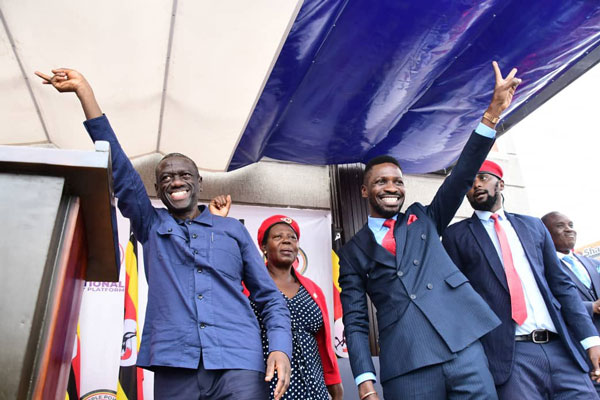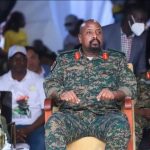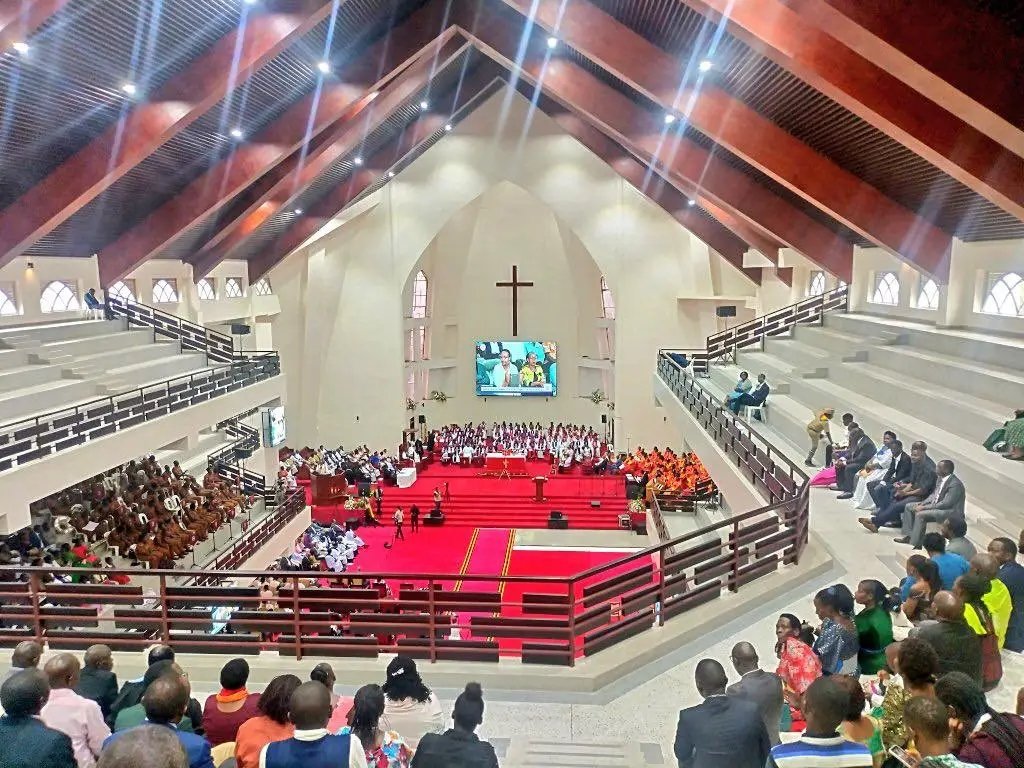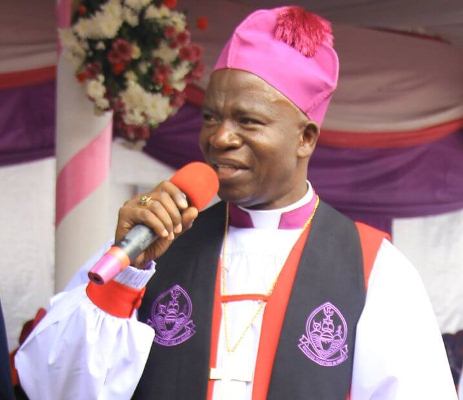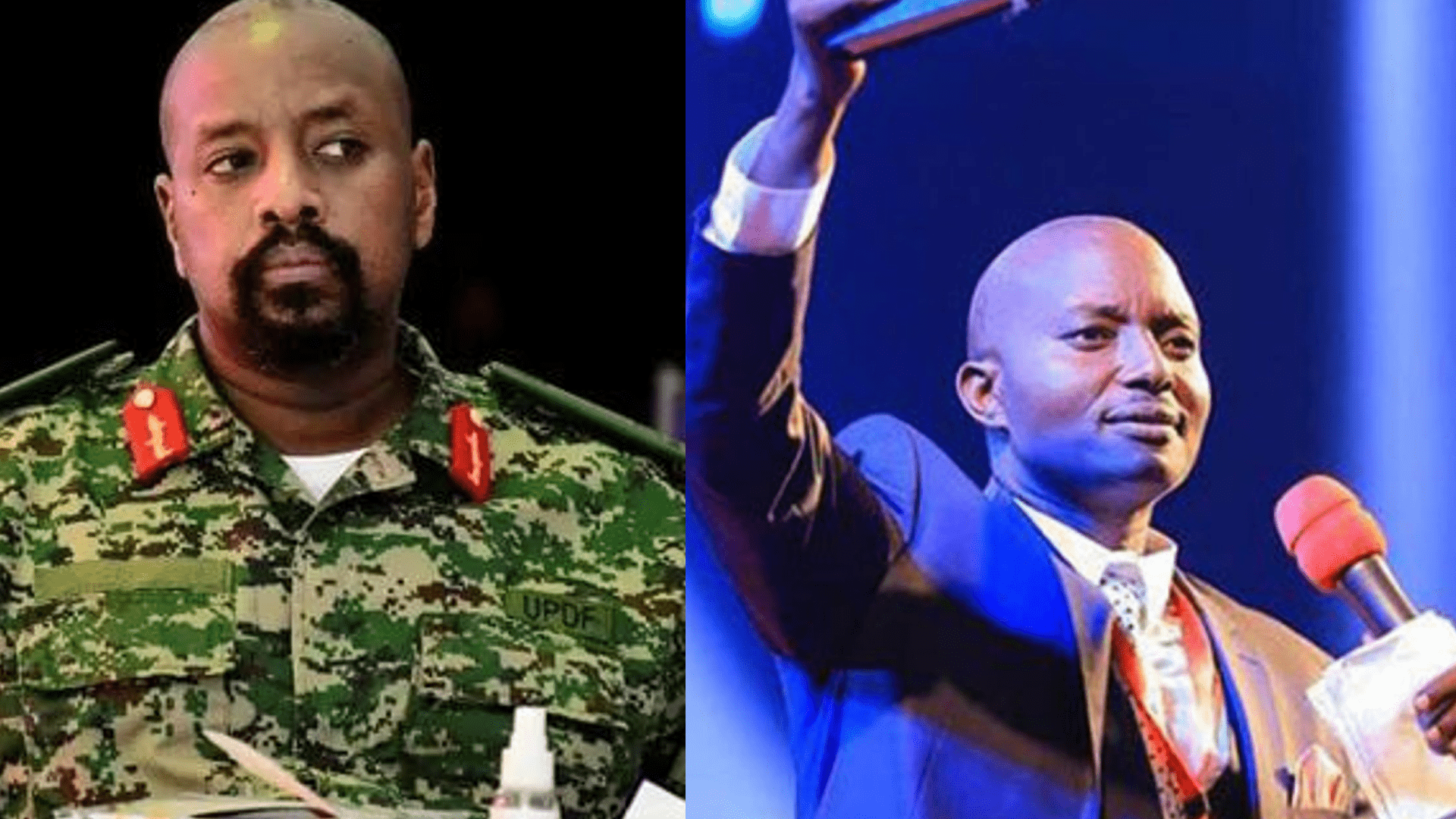Members of the political opposition gathered at the National Unity Platform headquarters for prayers regarding alleged political detentions and human rights violations on December 22, . Notably, religious leaders were conspicuously absent from the event, organized under the United Forces of Change, prompting criticism.
Dr. Kizza Besigye and Maj Gen Mugisha Muntu, leaders of opposition parties, questioned the impartiality of religious leaders. They expressed concern about clerics attending government functions but avoiding opposition-organized events, emphasizing the need for religious leaders to address issues affecting everyone, regardless of political affiliations.
In response to accusations, Dr. Moses Maka Ndimukika, the archbishop of the Seventh Day Adventist Church in Uganda, acknowledged the church’s inclusive role. However, he and Dr. Joseph Sserwadda defended the late delivery of opposition invites, stressing the importance of timely communication from political leaders.
Amid claims that religious leaders are victims of state capture, a government official, Dr. Chris Baryomunsi, denied allegations of bribery or intimidation. He argued that gifts to clerics are normal and not intended to compromise their neutrality.
State Minister for Information Technology, Mr. Godfrey Kabyanga, refuted opposition claims of clerical intimidation, citing instances of religious leaders expressing dissenting views. However, historical standoffs between the Church and the government, such as the 2017 vote on presidential term limits, were acknowledged.
Despite past tensions, there still exists a potential for future cooperation between the opposition and religious leaders. Dr. Sserwadda and Dr. Ndimukika proposed improved communication and inclusion of religious leaders in political agendas as a way forward.

